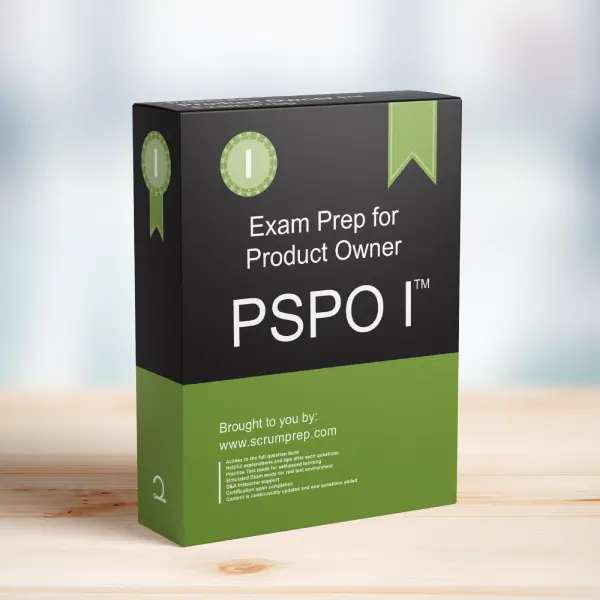Adhering to the Definition of Done in Scrum
Understanding why the Product Owner wants the Scrum Team to adhere to its Definition of Done is crucial for effective Scrum practice. This article explores the importance of the Definition of Done and its impact on transparency and product delivery.
Exam Question
Why does the Product Owner want the Scrum Team to adhere to its Definition of Done?
(choose the best answer)
A. To predict the team’s productivity over time.
B. To know what the team will deliver over the next three Sprints.
C. To be able to reprimand the team when they don’t meet their velocity goal for the Sprint.
D. To have complete transparency into what has been done at the end of each Sprint.
Correct Answer
D. To have complete transparency into what has been done at the end of each Sprint.
Explanation
Correct Answer
D. To have complete transparency into what has been done at the end of each Sprint:
Adhering to the Definition of Done ensures that there is complete transparency regarding what has been completed at the end of each Sprint. Transparency is essential for making informed decisions about the product’s future direction and for maintaining stakeholder trust.
Incorrect Answers
A. To predict the team’s productivity over time: While adherence to the Definition of Done can provide insights into the team’s productivity, this is not the primary reason the Product Owner values it.
B. To know what the team will deliver over the next three Sprints: The Definition of Done is about ensuring quality and completeness of the work done in the current Sprint, not about predicting future deliveries.
C. To be able to reprimand the team when they don’t meet their velocity goal for the Sprint: Scrum encourages a collaborative and supportive environment. Reprimanding the team is not aligned with the principles of Scrum, and the Definition of Done is not intended for this purpose.
Responsibilities in Scrum
- Product Owner: The Product Owner is responsible for ensuring that the product delivers maximum value. They rely on the transparency provided by the Definition of Done to make informed decisions and manage stakeholder expectations.
- Scrum Master: The Scrum Master helps the Scrum Team understand the importance of adhering to the Definition of Done and ensures that the team maintains high standards of quality and transparency.
- Developers: The Developers are responsible for adhering to the Definition of Done for each Product Backlog item they work on. This commitment ensures that each Increment is potentially releasable and meets the agreed-upon quality standards.
Relevance to the PSPO I Exam
Understanding the importance of the Definition of Done and its role in ensuring transparency is crucial for the PSPO I exam. This knowledge helps candidates appreciate how adherence to the Definition of Done impacts product quality, stakeholder trust, and the overall success of Scrum implementation.
Key Takeaways
- The Definition of Done ensures complete transparency into what has been completed at the end of each Sprint.
- Adherence to the Definition of Done helps the Product Owner make informed decisions and manage stakeholder expectations.
- The Definition of Done is a commitment to quality and completeness that the entire Scrum Team upholds.
Conclusion
Adhering to the Definition of Done is vital for maintaining transparency and ensuring that each Increment is potentially releasable. By understanding this principle, you can better appreciate the importance of quality and transparency in Scrum. For more information on preparing for the PSPO I exam, visit our PSPO I Exam Prep.


